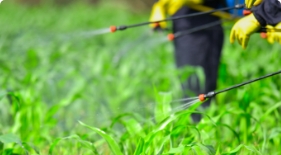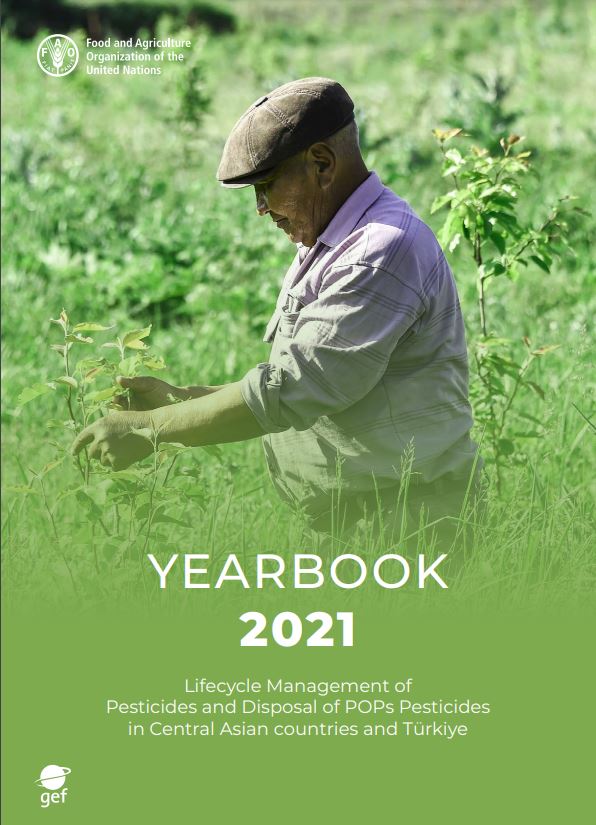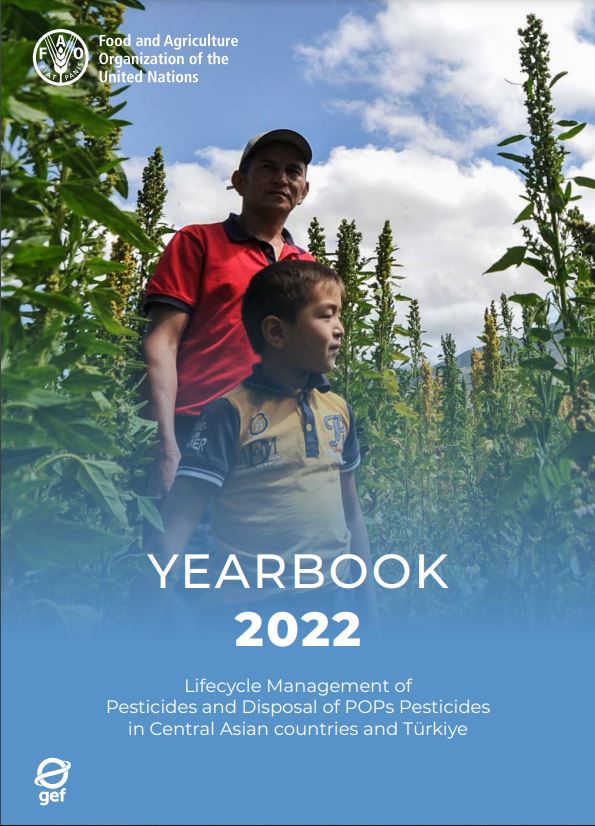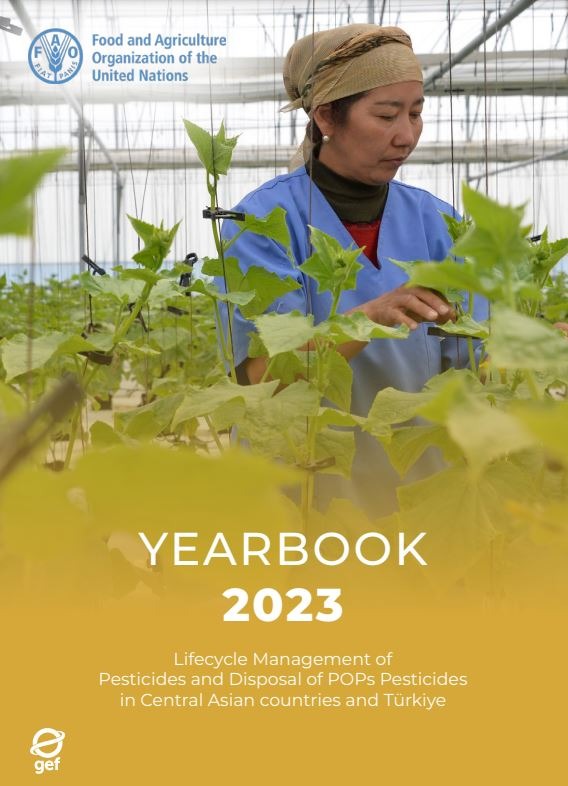.png?sfvrsn=1306b378_1)
For greening agri-food systems and a sustainable world
The Global Environment Facility (GEF)-funded and FAO-managed project “Lifecycle Management of Pesticides and Disposal of POPs Pesticides in Central Asian countries and Türkiye” is implementing its activities supporting countries under two key pillars: Disposal of obsolete pesticides and Prevention of obsolete pesticides for better production, better nutrition, a better environment, and a better life.
Improving pesticides management in the Central Asia region
Obsolete pesticides represent a significant global environmental and health hazard. It is estimated that a substantial portion of the global stocks of obsolete pesticides can be found throughout the former Soviet Union area – including Central Asia – due to the highly chemicalised agriculture in the region, related mandatory pesticide applications and over-supply as part of the planning economy. These hazardous chemicals are often stored in deteriorated containers or buried in landfills, where leakages contaminate the soil and water and pose a high risk for the environment, biodiversity and human health. The numbers and sizes of obsolete pesticide stocks and contaminated soils differ from country to country, but what has remained the same throughout the years is that pesticides have been spread widely, leading to large-scale soil and water contamination in vast regions – including areas that contain villages and farmlands. Safe removal and disposal of obsolete pesticides is a technically complex and costly activity, with only Türkiye so far having disposed of its stock of POP chemicals.
Rural communities cannot hope to develop if soil and water are contaminated with pesticides. Likewise, local populations will not prosper if their crops cannot be sold due to residual contamination and the communities themselves are suffering from illnesses caused by pesticide poisoning. Safe disposal of obsolete pesticides is, therefore, of high importance. Equal attention must be paid to preventing the build-up of new obsolete stocks by introducing better agricultural practices, enhancing sustainability and resilience, reducing reliance on pesticide and ensuring better management, and decreasing the application of pesticides.
What is the problem and how does FAO address?
Project components
Project countries
Project in a nutshell
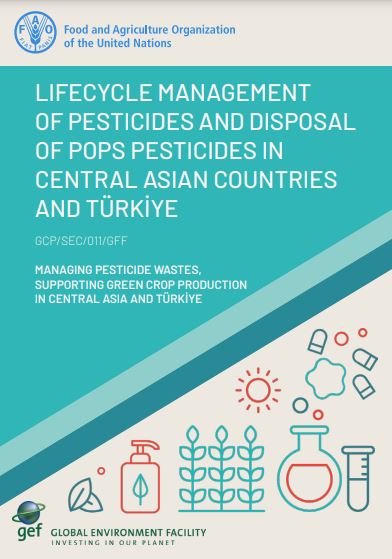
Related guidelines
- Prevention and Disposal of Obsolete Pesticides
- The International Code of Conduct on Pesticide Management
- Managing Pesticides in Agriculture and Public Health
See also
- FAO Regional Office for Europe and Central Asia
- FAO Plant Production and Protection Division (NSP)
- FAO and the GEF
Contact
Agricultural Officer
Lead Technical Officer
Pesticide Risk Communication Specialist
Videos of impact



